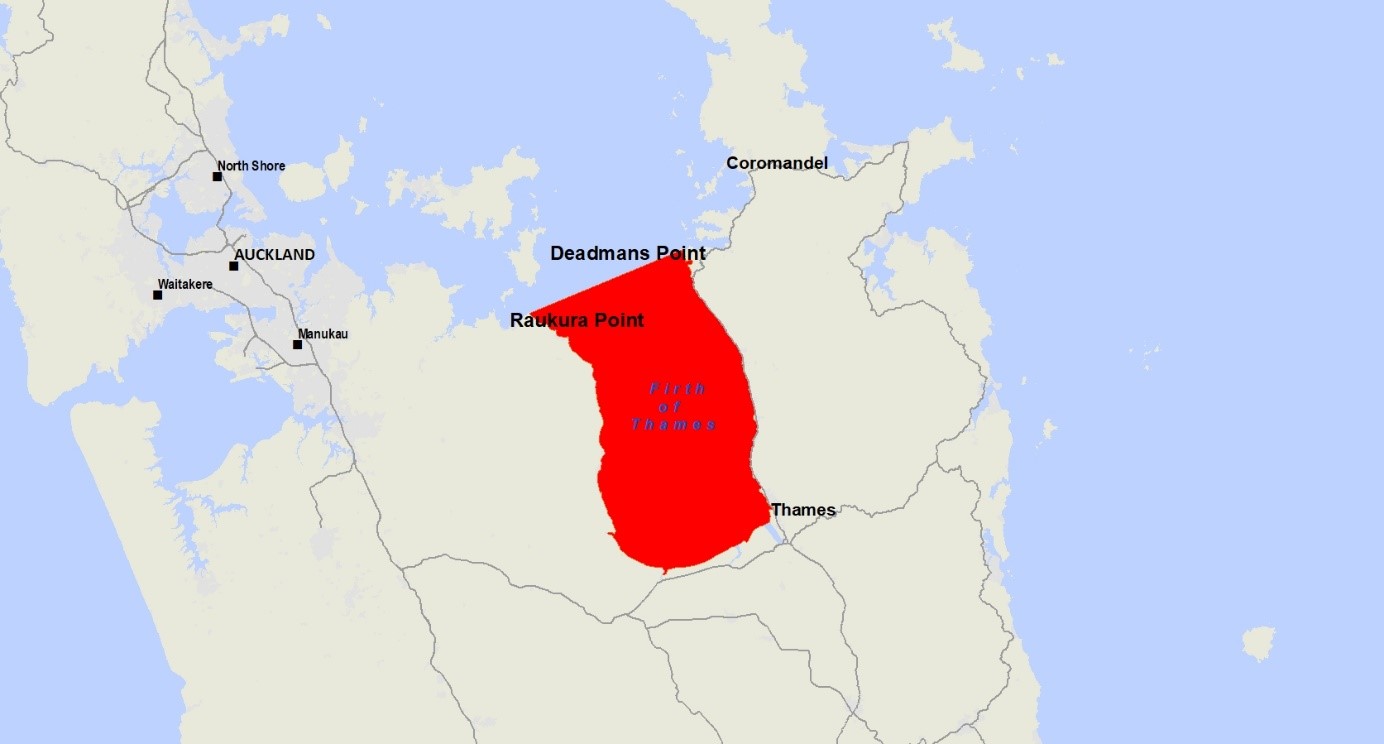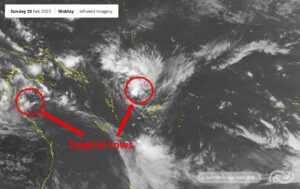A public health warning not to collect or consume shellfish from the Firth of Thames between has been issued by New Zealand Food Safety.
The organisation said New Zealand routine tests on shellfish samples taken from the area had shown levels of paralytic shellfish poisoning (PSP) toxins above the safe limit set by New Zealand Food Safety (NZFS).
“Anyone eating shellfish from this area is potentially at risk of illness,” NZFS said.
“Mussels, oysters, tuatua, pipi, toheroa, cockles, scallops, catseyes, kina [sea urchin] and all other bivalve shellfish should not be eaten.”
NZFS said monitoring of toxin levels will continue and any changes will be communicated.
“Commercially harvested shellfish sold in shops and supermarkets, or exported is subject to strict water and flesh monitoring programmes by the Ministry for Primary Industries [MPI] to ensure they are safe to eat,” NZFS said.
NZFS said while cooking shellfish does not remove its toxins, pāua, crab and crayfish may still be eaten if the gut has been completely removed prior to cooking, as toxins accumulate in the guts of those shellfish and crustaceans.
“If the gut is not removed its contents could contaminate the meat during the cooking process,” NZFS said.
NZFS said the symptoms of consuming shellfish with toxins typically appeared between 10 minutes and three hours after ingestion and may include, numbness and a tingling (prickly feeling) around the mouth, face, and extremities (hands and feet), difficulty swallowing or breathing, dizziness, headache, nausea, vomiting, diarrhoea, paralysis and respiratory failure and in severe cases, death.
NZFS has advised that if anyone becomes ill from eating shellfish from an area where a public health warning has been issued, contact Healthline: 0800 61 11 16, or seek medical attention immediately.
“You are also advised to contact your nearest public health unit and keep any leftover shellfish in case it can be tested,” NZFS said.




